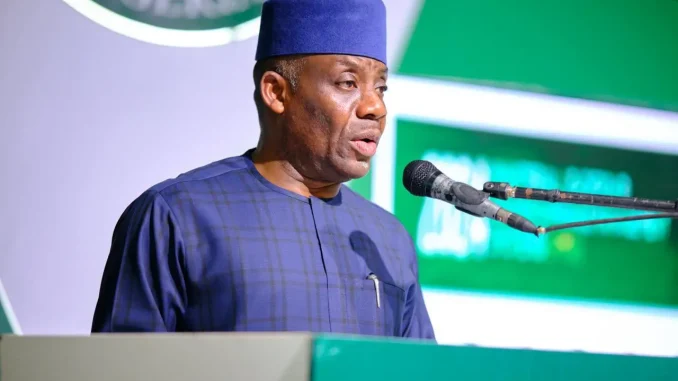
FEDERAL MINISTRY OF EDUCATION DISOWNS CONTROVERSIAL HISTORY TEXTBOOK AMID PETITION OVER YORUBA HISTORY DISTORTION
The Federal Ministry of Education has formally distanced itself from a controversial history textbook alleged to contain distorted information about Yoruba heritage, particularly the founding of Ile-Ife. The Ministry made this clarification in response to a petition submitted by the Concerned Citizens of Yoruba Origin and Supporters of Truth, led by its National Chairman, Otunba Abayomi Odunowo.
The petition, titled “Petition to Defend Yoruba History from Ethnic Distortion in Nigerian Textbooks,” raised alarms over historical inaccuracies in a textbook authored by Tony and Ijeoma Duru and published by Tones Publishers. The publication allegedly presents misleading accounts of Yoruba history, prompting public outcry and concern over its potential to incite ethnic tensions and misinform students.
In a press release issued on Wednesday, June 11, 2025, and signed by Boriowo Folasade, Director of Press and Public Relations at the Ministry, the Federal Ministry of Education unequivocally stated that it did not author, commission, or approve the said textbook. It further clarified that the material is not part of the Ministry’s approved instructional resources for use in public basic education institutions.
“The Ministry is not in any way affiliated with the publication,” the statement emphasized. “Instructional materials officially endorsed by the Ministry are carefully curated to meet national education standards and promote literacy, inclusion, and national unity.”
While acknowledging the concerns raised by stakeholders as valid, the Ministry underscored that its regulatory responsibility does not cover unauthorized materials produced outside its established framework. However, it promised a proactive response to the situation, especially in view of the sensitive nature of the claims and their potential impact on education and national cohesion.
To that end, the Ministry announced that it would collaborate with the Universal Basic Education Commission (UBEC) and other relevant agencies to investigate the matter thoroughly and ensure that appropriate actions are taken.
The Ministry reiterated its commitment to providing “quality, inclusive, and culturally respectful education” that strengthens unity and promotes mutual understanding among Nigeria’s diverse population.


Be the first to comment